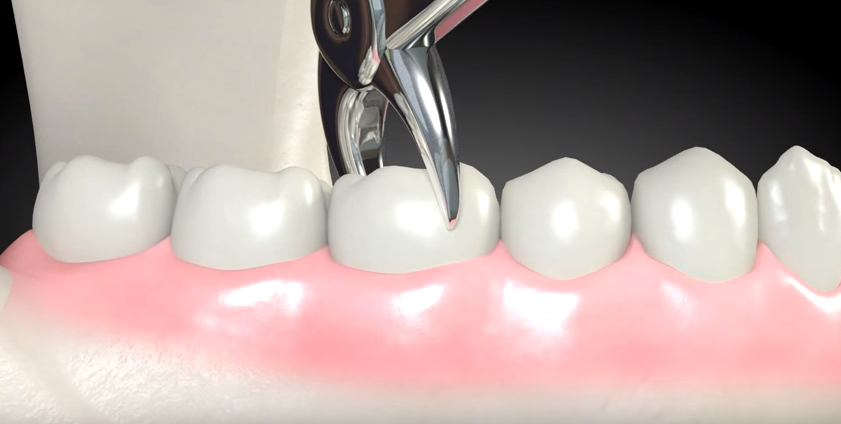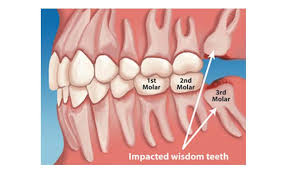Wisdom Tooth Removal
Overview
Wisdom Tooth Removal in Karachi at Rehan Dental Surgery

Procedure of Wisdom Tooth Removal in Karachi at Rehan Dental Surgery
Tooth extraction is a common dental procedure usually done under local anesthesia, which blocks pain but allows you to feel pressure. Most extractions are simple and quick, though some teeth may be harder to remove due to their position, root shape, or condition, sometimes requiring minor surgical procedures.
After extraction, patients may experience mild pain, swelling, or discomfort for a few days, with complete healing taking a few weeks. Following aftercare instructions is crucial, such as avoiding touching the area, rinsing vigorously, sucking through straws, or smoking, as these can disturb the blood clot and cause dry socket (a painful condition that delays healing).
Ice packs, soft foods, gentle jaw exercises, and prescribed medicines help recovery. Patients should contact the dentist if pain, bleeding, or swelling does not improve. In some cases, antibiotics may be recommended for those at higher risk of infection, such as people with heart conditions or weakened immunity.
What To Think About
n younger adults the wisdom tooth’s roots are not fully developed and the jawbone is not as dense, so it is easier to remove the tooth. An easy tooth removal usually translates into an easier recovery. Most problems with wisdom teeth develop between the ages range of 15 and 25. If you are older than age 30, you have a very low risk of having problems with your wisdom teeth. If you have a medical condition that may get worse over time and your teeth may cause problems, consider having your wisdom teeth removed while you are healthy. Possible complications include dry socket (alveolar osteitis), infection, bleeding, and numbness. Women on birth control pills who decide to have their wisdom teeth removed should try to schedule the surgery for the end of their menstrual cycle (usually days 23 through 28).

Testimonial
What They Say






